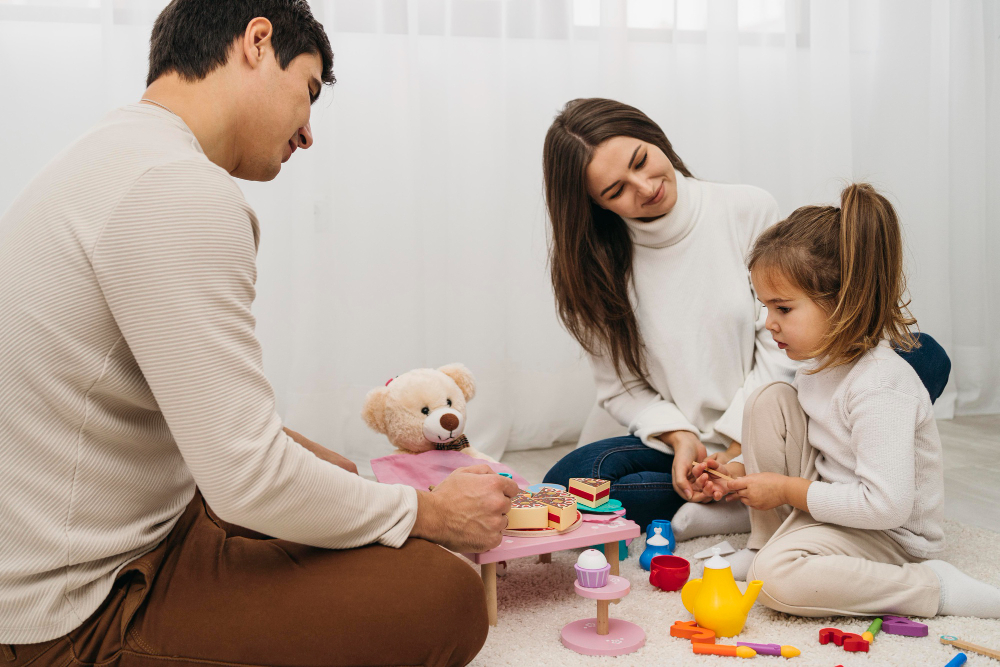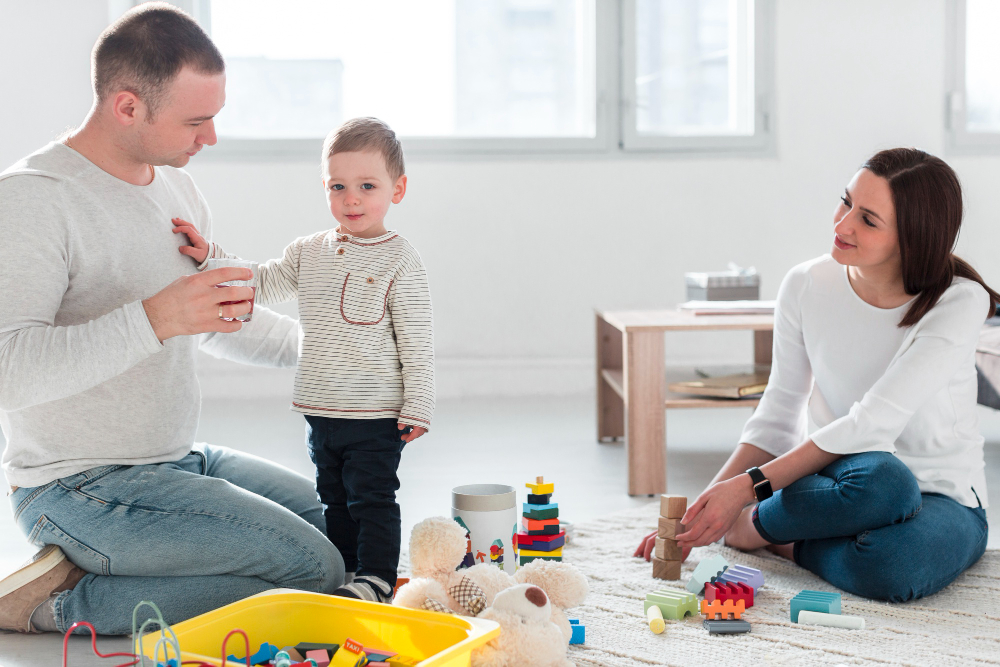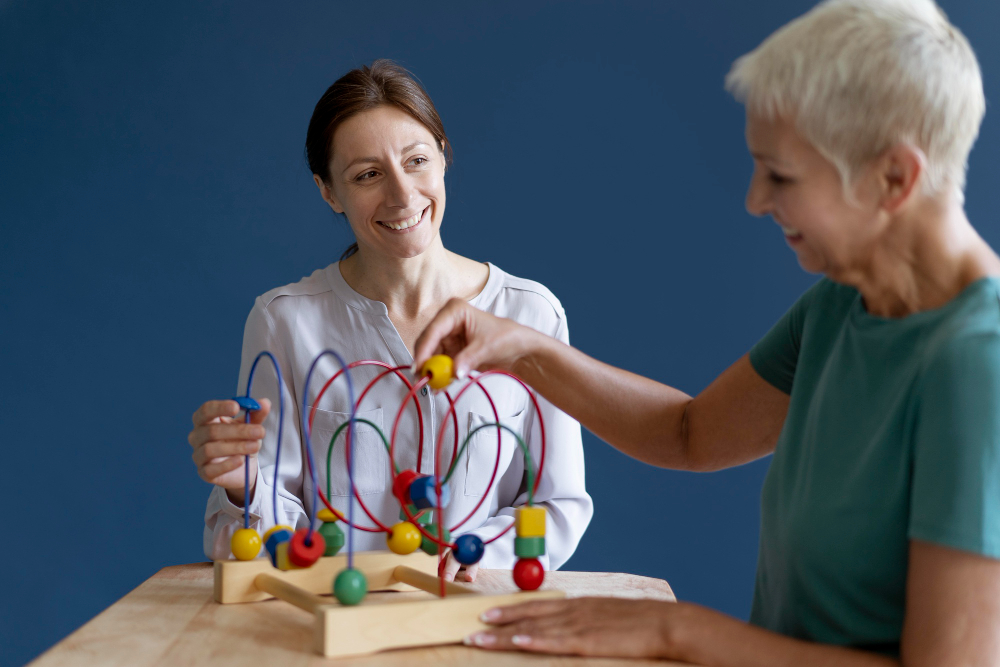It is quite tough to carry your child when they go through a phase of emotional or behavioural challenges. Play therapy can be a solution for it to solve your issue. By this therapy, you can get the assumed progress in your child’s condition. There are various stages of Play Therapy, but before that let’s know about this therapy closely:
What is Play Therapy?
Play therapy is a type of psychotherapy used to treat the emotional and mental disorders of children & sometimes in adults too. Children use their innate love of play to express themselves and learn about the world. There are two main types of play therapies:
- Directive Play Therapy
- Non-directive Play Therapy
Let’s move on to know more about the stages of Play Therapy:
The First Step: Creating a Safe Space
In the first step of this therapy, the therapist builds up a safe & trustworthy zone as a playroom for the kid. The therapist makes a liable connection with the kid in that particular playroom, where the kid can express their feelings.
The Exploration Phase: Encouraging Free Expression
After the completion of the initiation phase when the child gets into the exploration phase of Play Therapy. Here, the children express themselves more widely among the therapists. The playroom plays become useful for exploring the feelings, experiences & visions of the kid. The child becomes more open-minded toward the therapist when they provide love & respect to them. At this stage, children express their thoughts whether they are bad or good. During the child’s free expression, the therapist gently assists them in exploring themselves and dealing with difficult emotions.
The Working Phase: Engaging in Meaningful Play
At this stage, Play Therapy is involved in the work phase. Here, the kid uses play to work with deeper emotional concerns like anxieties, traumas, and conflicts. Parents may notice that their children are becoming more self-aware or are picking up new coping mechanisms.
The Insight Phase: Developing Self-Acceptance
The progressive steps take the children to the initial phase in which they start to know about themselves. The rising of their self-awareness takes them to self-acceptance, and the child begins to learn more constructive coping mechanisms for their emotions. These wide changes are firstly expressed in their behavioural changes such as improved communication, great perseverance, & a more stable emotional state.
The Mastery Phase: Growing Self-Confidence
The final stage of Play Therapy is the Mastery phase, at which the child starts to apply the understanding and coping mechanisms. At this stage, the child becomes independent in creating their emotions or thoughts without the help of their therapist. Here, the child creates a positive background for themselves with an advanced increased emotional stability & self-assurance state too.
Conclusion
Play Therapy is an important therapy for the behavioural & emotional treatment of kids through the means of play. The therapist uses play as a natural language to assist the kids & their parents. It is performed in several phases to provide a secure & safe environment for your kid. The kid maintains a reliable connection with the therapist to express their hidden feelings. At last, Play Therapy can truly explore the personality of your child. On the other hand, the parents can solve all their worries through these therapies.





